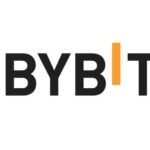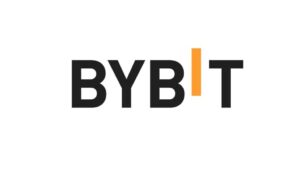Coinbase just launched “Base” to foster a developer ecosystem focused on building decentralized features for its users. While Base is intended to improve the exchange’s functionality and encourage increased consumer participation, this blockchain has attracted over 500 counterfeit tokens in a relatively short period of time.
Creators of bogus tokens like to use “hype, promise, and price and volume manipulation.” In the case of Base networks, this pattern is recurrent. According to the New York-based crypto market integrity platform Solidus Labs, scammers have profited from their efforts to the tune of $2 million.
Scam Coins on Base Blockchain from Mid-July to August Debut
According to a recent Solidus research, scam tokens drew around $3.7 million in trade activity on Base-based decentralized exchanges. During the process, the scammers completed $2.7 million in purchases, $700,000 in sales, and $300,000 in wash sales.
Scammers profit from their schemes by either quickly withdrawing all liquidity from their DEX pairs after a significant number of users had invested – totaling $1.7 million – or by creating a huge number of new coins through “minting” and then selling them, causing the DEX pair to lose its Ether reserves, totaling $300,000.
Behind the BALD Rug Pull
The researchers at Solidus discovered “deceptively touted and traded” cryptocurrencies that made it to Base between mid-July and its public debut in August, in addition to the hundreds of scam coins that already existed.
When Base was initially made available to builders, it had little traction. However, companies like BALD led to a sudden rush of funding and users. The original memecoin frenzy drove prices up 4,000,000% from the time of introduction and brought in more than $68 million from traders.
The developer of BALD appears to have made over $5.2 million after promoting the token on X (formerly known as Twitter) and driving up its price on a Base-based decentralized market called LeetSwap.
The Solidus spokesman told Bloomberg that, just as on the open internet, users should conduct extensive research before using any Dapp (decentralized application) on Base or any other chain.
Because Base is open to all users, scammers can exploit exposed security flaws. Analysts at Solidus Labs advised users against using meme currencies and decentralized exchanges on the layer-2 solution because, in the event of an exploit, assets lost to rug pulls or tokens peculiar to these DEXes would not be recoverable or withdrawable.
Conclusion
Coinbase’s “Base” blockchain was intended to encourage a developer community for decentralized features, but it has instead become a breeding ground for over 500 scam coins. The development of such scams emphasizes the importance of users exercising caution and completing extensive research before engaging with any Dapp on Base or any other blockchain. As the crypto landscape evolves, staying watchful is critical to avoiding potential dangers and losses.




























